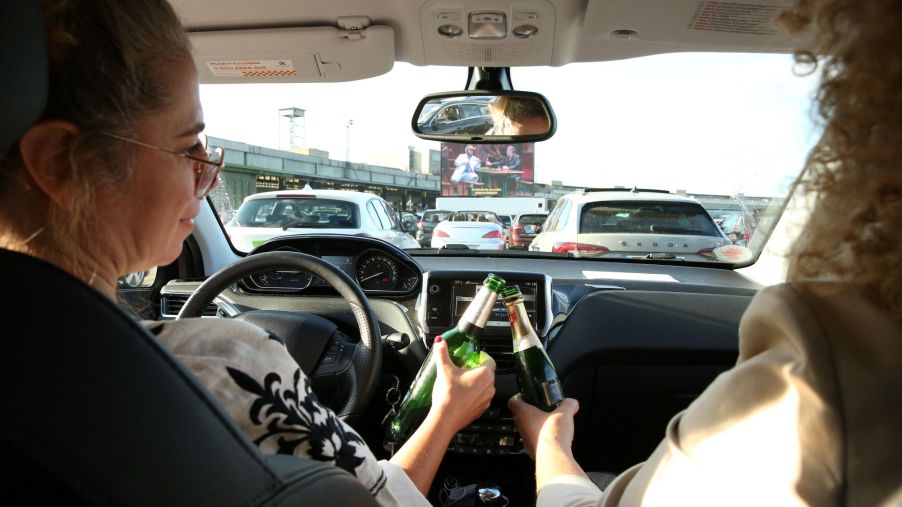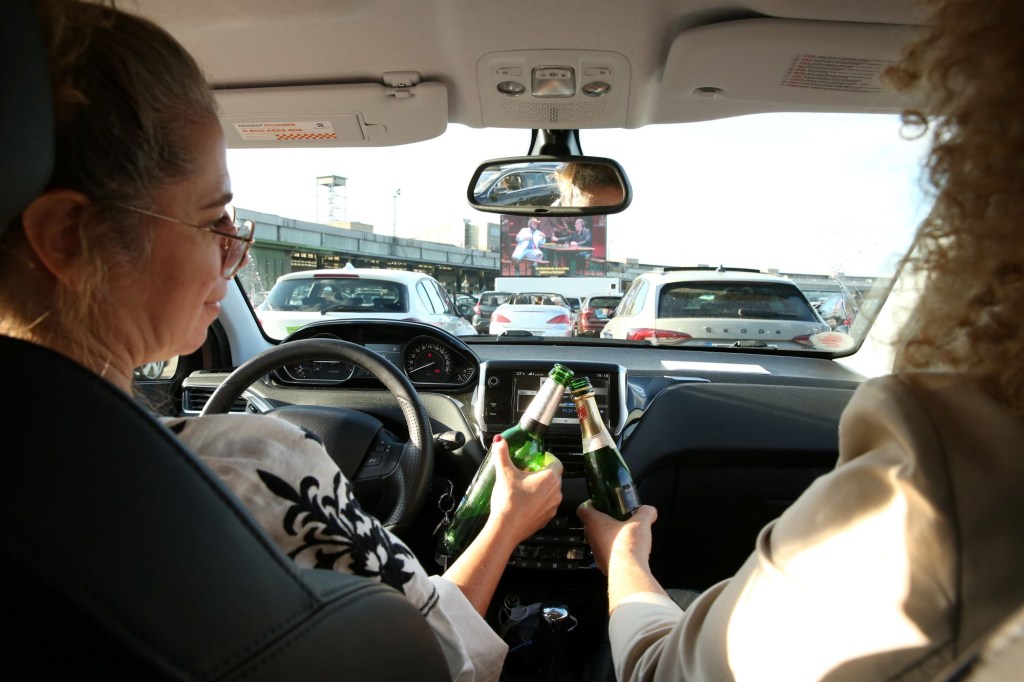
Can You Drink in the Passenger Seat of a Car?
People love partying, and that is why most individuals look forward to weekends. Of course, booze is part and parcel of most parties. It sets the mood for such occasions and allows one to enjoy the moment as their senses drift away from the hustle and bustle of life. Additionally, drunk driving is a crime, but what about drinking while in the passenger seat? Does it compromise car safety or the safety of other drivers on the road?
Getting the facts, in this case, is critical because it helps you understand what to expect if cops pull over your driver as you enjoy an open container in the passenger seat. That means that when you have such knowledge, you will know whether or not you are violating set laws when drinking in the passenger seat, even before engaging a lawyer.
Laws concerning alcoholic beverages in cars

Most states have laws prohibiting the presence of open bottles, cans, or other unsealed alcoholic beverages containers inside vehicles, on sidewalks, or in the streets. These are known as open container laws. That suggests that each state determines whether a passenger violates set laws by drinking an alcoholic beverage while inside a vehicle.
When considering open container laws, the major difference is whether a state has a complete ban on alcohol in a vehicle in compliance with federal guidelines or a partial ban. The latter allows passengers to have open containers in autos, but not drivers. It is worth mentioning that in 1998, Congress passed federal legislation establishing a program designed to encourage states to adopt laws banning the presence of open containers of any alcoholic beverage in the entire passenger area of a motor vehicle.
This is known as the Transportation Equity Act for the 21st Century (TEA-21). The legislation provides states that follow the federal standard banning all open alcohol containers anywhere inside an automobile a financial incentive. As much as that is the case, a handful of states do not have open container restrictions on the books. Additionally, several other states do not have open container rules that apply to vehicle passengers.
Where drinking in the passenger seat is legal and where it is illegal
First, note that although all states have open container laws, they have exceptions to those laws too. These exceptions generally fall into two categories. In the first case, most states allow the storage of open containers in the living quarters of a motor home. Also, many states permit passengers to possess open containers and drink alcohol in vehicles-for-hire like party buses and limousines.
In the second category, one can keep open containers lawfully inside a vehicle’s trunk or an area of an auto that is not readily accessible to passengers or the driver. Additionally, transporting an open container of wine from a restaurant is an exception within open container laws.
The only thing is that these exceptions still require storage of the open bottle of wine in the trunk or another area within a vehicle where passengers or the driver cannot access the same. Some of the states where drinking in the passenger seat is legal include Alaska, Connecticut, Delaware, and Missouri. However, doing so will land you in trouble in Alabama, Arizona, California, Colorado, District of Columbia, Florida, Georgia, Hawaii, Idaho, Kansa, Michigan, Nevada, Oregon, and Wyoming.
The penalty for drinking as a passenger
The punishment for drinking as a passenger varies from state to state. For instance, that will attract a fine of up to $100 in North Carolina, a maximum fine of $25 in Vermont, and $100 in Idaho.
Who gets penalized for breaking open container laws? The driver or the passenger?
A driver may be cited for an open container violation if they have a container within reach or on their person. However, according to FindLaw, both the driver and offending passenger may be cited for a violation even though only the passenger has an open container. Remember that an offending passenger’s blood alcohol concentration (BAC) is irrelevant in this case, LegalMatch reports.


